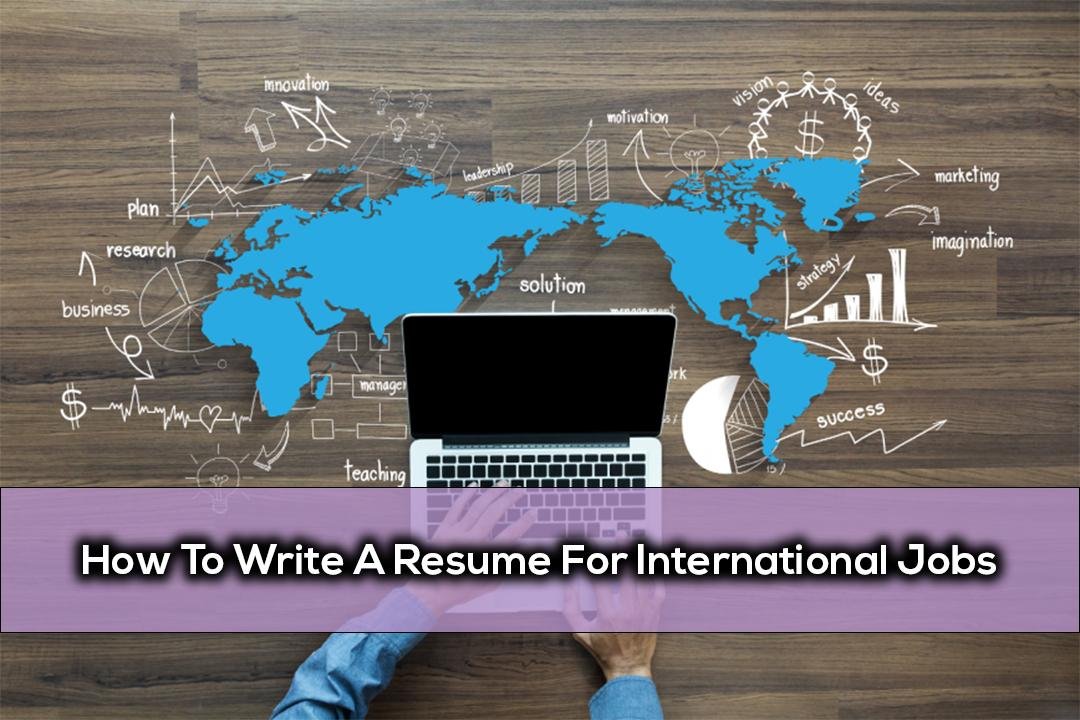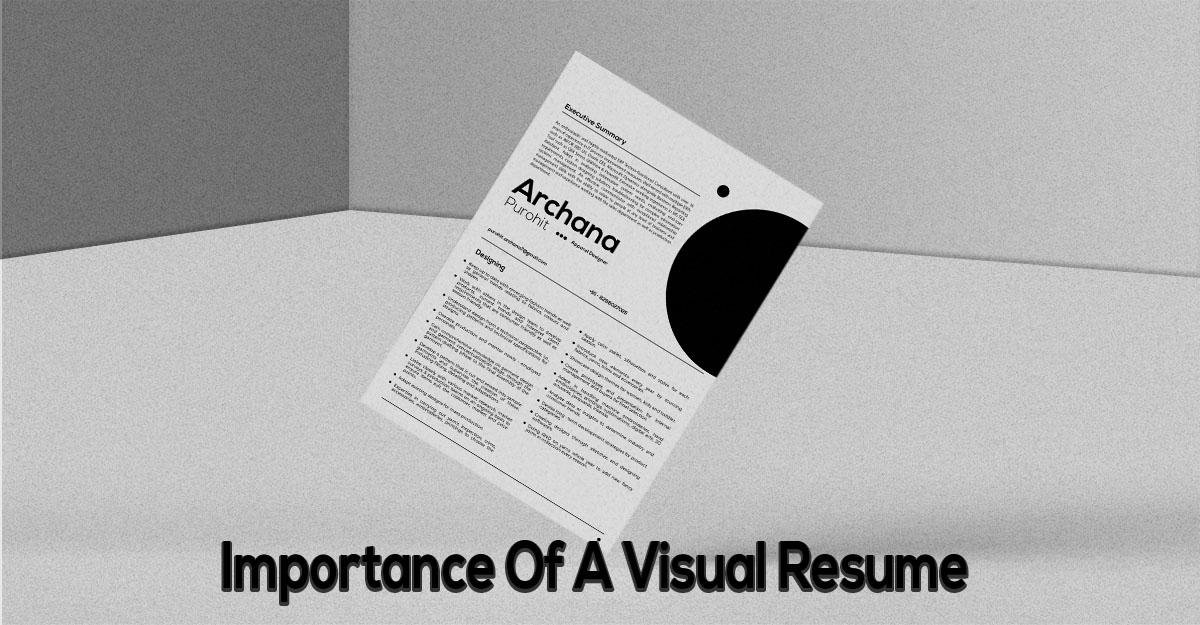Navigating Workplace Challenges: Tips for Conflict Resolution

In the dynamic landscape of professional environments, conflict is virtually unavoidable. Whether it stems from differences in opinion, personality clashes, or competing priorities, workplace challenges can arise unexpectedly and test the resolve of even the most seasoned professionals. However, rather than viewing conflict as an impediment, individuals and organizations can leverage it as an opportunity for growth and enhanced collaboration. In this article, we'll explore effective strategies for navigating workplace challenges and mastering conflict resolution.
Understanding the Nature of Workplace Conflict
Before delving into strategies for resolution, it's essential to understand the nature of workplace conflict. Conflict can manifest in various forms, including interpersonal disputes, communication breakdowns, or disagreements over objectives and strategies. Additionally, conflicts may arise due to organizational issues such as unclear roles, inadequate resources, or conflicting priorities.
Embracing Constructive Conflict
While conflict is often perceived negatively, it's important to recognize that not all conflict is detrimental. Constructive conflict, characterized by healthy debate and differing viewpoints, can lead to innovative solutions and improved decision-making. When managed effectively, constructive conflict fosters creativity, encourages critical thinking, and strengthens relationships within teams.
Cultivating Effective Communication
Communication lies at the heart of resolving workplace conflicts. Clear, open, and empathetic communication can mitigate misunderstandings, address underlying issues, and promote mutual respect among colleagues. Active listening, expressing thoughts and feelings assertively, and seeking to understand perspectives different from one's own are essential components of effective communication in conflict resolution.
Practicing Emotional Intelligence
Emotional intelligence plays a pivotal role in navigating workplace challenges. Individuals with high emotional intelligence can regulate their emotions, empathize with others, and maintain composure in stressful situations. By understanding their emotions and those of their colleagues, individuals can de-escalate conflicts, build rapport, and find mutually beneficial solutions.
Seeking Common Ground
In the midst of conflict, it's crucial to identify areas of common ground and shared objectives. By focusing on shared goals, individuals can transcend differences and collaborate towards a common purpose. Seeking win-win solutions that address the interests of all parties involved fosters cooperation and ensures sustainable resolutions to workplace challenges.
Leveraging Mediation and Facilitation
In cases where conflicts escalate or become entrenched, mediation and facilitation can offer valuable assistance. Neutral third parties, such as HR professionals or external mediators, can facilitate constructive dialogue, clarify misunderstandings, and guide parties towards mutually acceptable solutions. Mediation and facilitation provide a structured framework for resolving conflicts impartially and restoring harmony in the workplace.
Implementing Conflict Resolution Processes
Organizations can proactively address workplace conflicts by implementing formal conflict resolution processes. These processes may include clear guidelines for reporting conflicts, designated points of contact for mediation, and mechanisms for escalating unresolved issues. By establishing transparent and equitable procedures, organizations demonstrate their commitment to fostering a supportive and inclusive work environment.
Fostering a Culture of Collaboration
Ultimately, cultivating a culture of collaboration is instrumental in preventing and resolving workplace conflicts. Organizations that prioritize teamwork, open communication, and respect for diverse perspectives create an environment where conflicts are addressed constructively and proactively. By fostering a culture that values collaboration and conflict resolution, organizations empower their employees to navigate challenges effectively and contribute to collective success.
Conclusion
Navigating workplace challenges and mastering conflict resolution are essential skills for professionals in today's dynamic work environment. By understanding the nature of workplace conflict, embracing constructive conflict, practicing effective communication and emotional intelligence, seeking common ground, leveraging mediation and facilitation, implementing conflict resolution processes, and fostering a culture of collaboration, individuals and organizations can overcome obstacles and thrive amidst adversity.









